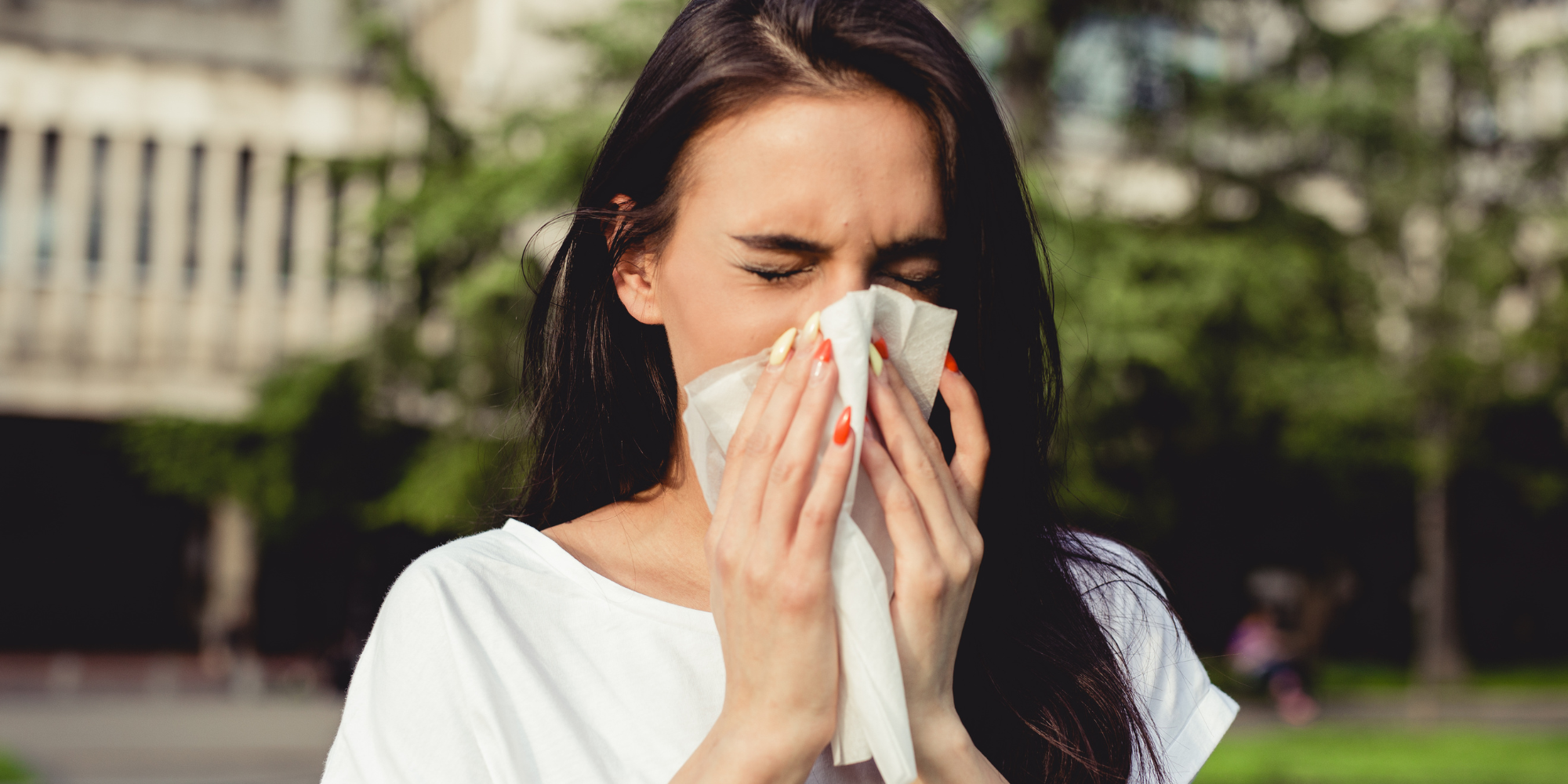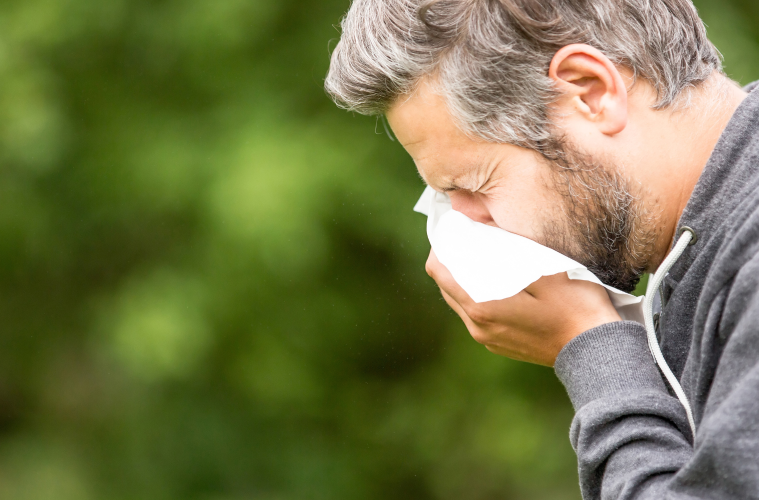With the spring season in full swing, everyone can agree that it feels great to be able to get outside and enjoy the sun and fresh air after a long and cold winter. While the warmer weather is great for the endorphins, for many people it is also a tough time when it comes to their spring allergies.
For people who suffer from spring allergies, the pollen that is released by grass, weeds, as well as the trees sprouting can take a huge toll on their wellbeing.
Spring allergies can cause a variety of different symptoms, such as post-nasal drip, sneezing, itchy eyes that can become watery, and can even lead to sinus infections for many.
If you are someone who is prone to getting spring allergies, check out some tips on how you can do your best to get ahead of them and avoid them coming on full-fledge:

1 – Keep your windows closed.
As much as it may tempt you to open up your windows and get some fresh air in, especially after having your heat cranked and windows shut for months throughout the winter, it is best to avoid opening your windows, especially as we get further into the spring season and the pollen becomes more active.
When opening your windows during the spring if you are a spring allergies sufferer, you are likely going to quickly experience symptoms such as itchy eyes and a running nose. If you are feeling like you must open your windows, simply check the pollen count to figure out what time of day is best to open them up for some fresh air.
2 – Track the pollen levels in your area.
If you did not already know, you can check on the pollen levels in your area and track when they are highest and lowest throughout each day. This will help you to minimize the amount of time you are exposed to pollen as best as possible to help manage your spring allergies.
You can easily check on what the pollen forecast is online or with an app, and for the most part, the highest amount of pollen will be out in the morning.
3 – Start your allergy medications early.
Take proactive measures and begin your allergy medications as early as possible, this way you are curbing the symptoms of spring allergies before they even have a chance to start! If you wait until you have symptoms when it comes to allergies, it may take longer for them to kick in as they are already reacting to the inflammations.
If you have never taken allergy medications before, check with your doctor to see which medications are best for you and the symptoms that you tend to experience.
4 – Wear sunglasses and/or a hat outdoors when you can.
Did you know that pollen can build up in your hair? If you are planning on spending a significant amount of time outdoors, such as going for an afternoon walk or participating in any extracurricular activities, do yourself a favor and wear a hat, as well as some sunglasses so that you can protect your eyes from the pollen – especially on a windy day!
5 – Take a quick shower after coming inside from outside.
After spending time outdoors, be sure the first thing you do when getting home is take a quick shower so that you can rinse off any pollen that has built up on you over time.
This is a good way to not only clean yourself up after a few hours outdoors, but also to ensure that you are not bringing any pollen into your home to increase your spring allergies.
6 – Do your spring cleaning.
Lastly, be sure to get your spring cleaning done so that you can ensure the inside of your home is safe for any allergy sufferers. This can include scrubbing your house and also ensuring that any rugs or curtains throughout the home are dust free.

